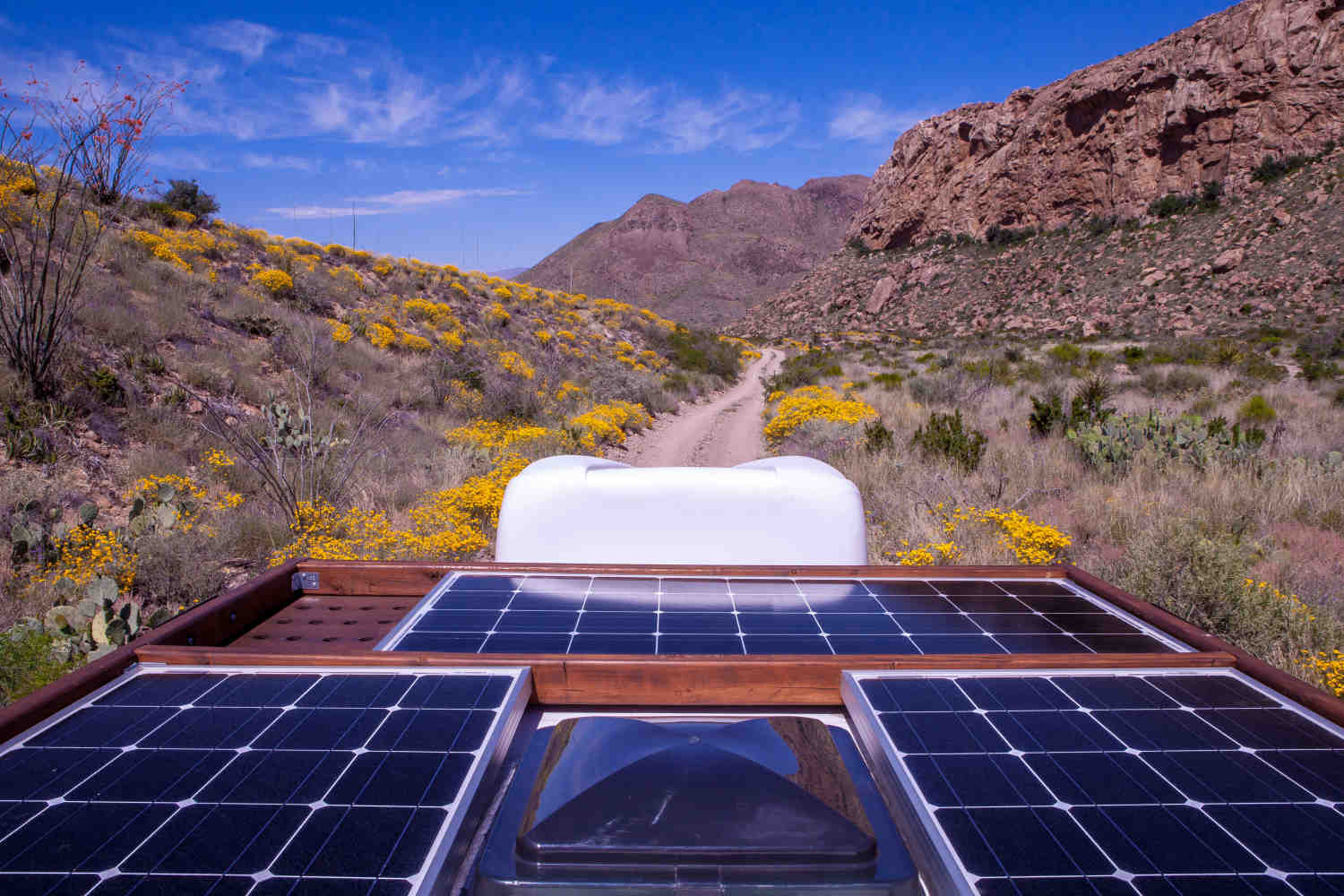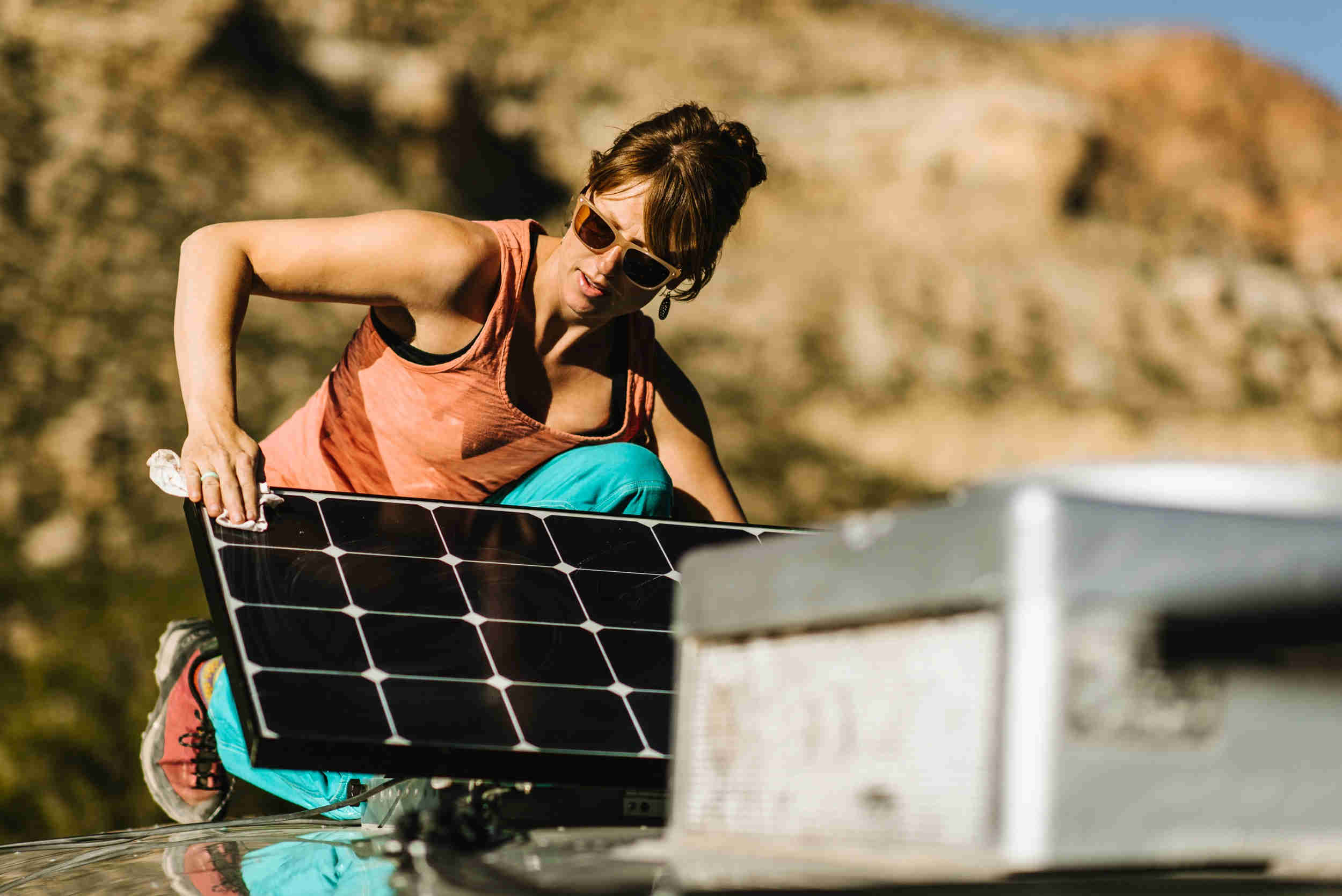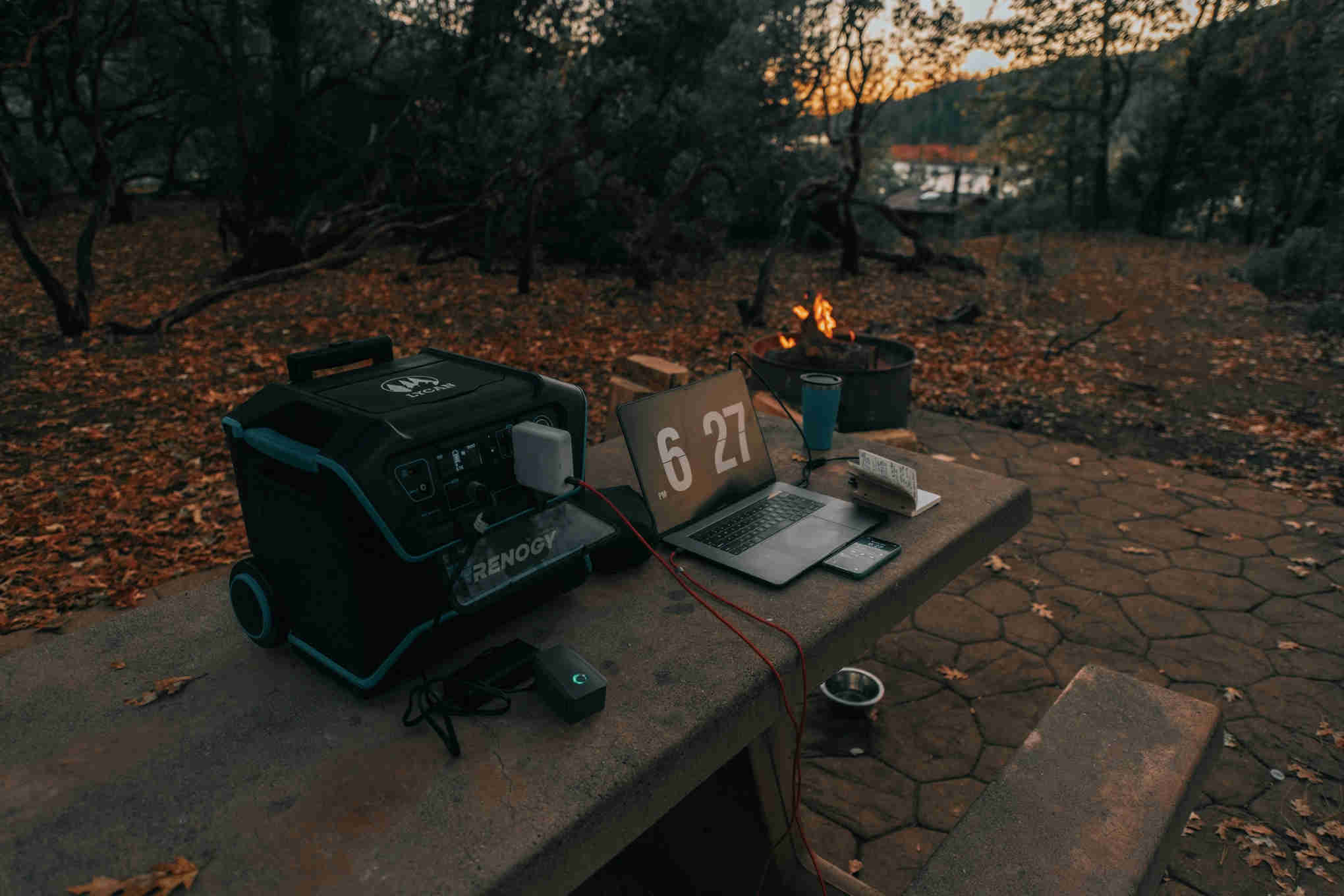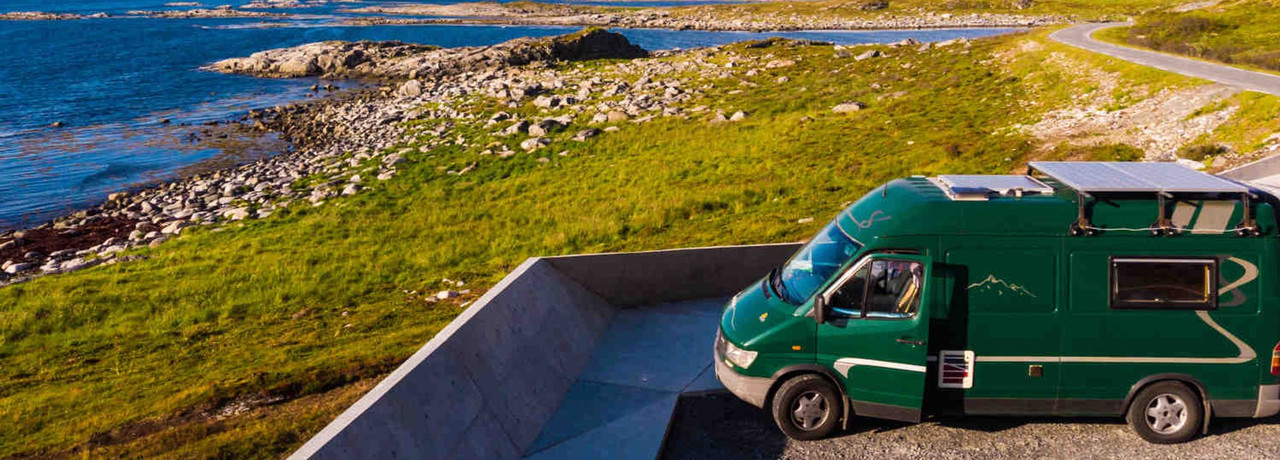How Much Does RV Solar Cost? A Comprehensive Guide
The open road is calling, and more RV owners are answering with a powerful ally: RV solar panels. In 2024, solar power for RVs isn't just a trend – it's revolutionizing off-grid adventures for eco-conscious travelers. From roof-mounted solar panels capturing sunlight to efficient batteries powering fridges, these setups offer true energy independence. But the burning question is: "How much does RV solar cost?" Whether you're considering a basic system for charging devices or a comprehensive setup to run your AC, understanding RV solar prices is crucial. This guide breaks down the costs of RV solar installations, from affordable options to high-end systems, helping you make an informed decision without the technical jargon. Discover how investing in RV solar can transform your travels and potentially save you money in the long run.
Basics of RV solar systems
RV solar systems have become increasingly popular among campers and adventurers looking to harness the power of the sun to keep their rigs running without the need for noisy generators or paid hookups. If you're new to the world of RV solar, understanding the basics can help you determine if it's the right choice for your needs.
An RV solar system is essentially a setup that allows your RV to convert sunlight into electricity, giving you the freedom to power your lights, appliances, and electronics while traveling off-grid. Here's an overview of the core elements involved:
Key components of an RV solar setup
A typical RV solar system is made up of several key components that work together to capture and store solar energy:
- Solar Panels: These capture sunlight and convert it into electricity. The more panels you have, the more power your system can generate.
- Charge Controller: This regulates the voltage coming from the solar panels to prevent overcharging and damage to your battery.
- Battery Bank: Solar power is stored in your batteries so you can use electricity even when the sun isn’t shining. The size of your battery bank will determine how long you can go without charging.
- Inverter: This device converts DC power stored in the batteries to AC power, which is what most RV appliances and devices use.
Each of these components plays a critical role in ensuring your system operates efficiently and delivers the power you need for your RV.

Factors affecting RV solar costs
When it comes to installing solar power in your RV, the overall cost can vary widely based on several factors. Understanding what drives the price can help you make informed decisions and build a system that fits your budget. Below, we'll explore the key factors affecting RV solar costs and help you see where you can save or splurge.
1. System Size and Power Output
The size of your RV solar system is one of the biggest cost determinants. Solar systems are typically measured in watts, which reflect how much energy they can produce. The more energy you need, the larger your system needs to be, and the higher the cost.
- Small systems (100-200 watts): Suitable for powering basic devices like lights, fans, and phone chargers.
- Medium systems (400-600 watts): Can power larger appliances like refrigerators or microwaves.
- Large systems (800+ watts): Capable of running more demanding electronics, including air conditioners and entertainment systems.
As you scale up in size, both the number of solar panels and the total cost of the system increase.
2. Quality of Components
Higher-quality components come with a higher price tag but offer better performance and durability. Premium solar panels, charge controllers, inverters, and batteries (like lithium-ion) may cost more upfront but save money in the long run by lasting longer and working more efficiently.
3. Installation Complexity
If you opt for professional installation, the complexity of the system affects labor costs. Systems requiring custom mounts, longer wiring runs, or intricate setups are more expensive to install. A DIY installation can save money, but it requires technical knowledge.

4. Brand Reputation
Well-known brands are generally more expensive but offer greater reliability, warranties, and customer service. Budget brands may cost less, but they might lack the durability and support of premium brands.
5. Additional Features and Accessories
Lastly, don't forget the additional costs that can add up quickly when building your RV solar system. These include:
- Mounting hardware and brackets: These are necessary to secure the solar panels to your RV's roof, with costs varying based on the type of mounts you need.
- Wiring and connectors: The quality and length of wiring can add to the overall price.
- Monitoring equipment: Systems to track your solar energy production and consumption may be optional but can help optimize performance and prevent damage to your system.
Costs of RV Solar Systems
The cost of installing an RV solar system typically ranges from $500 to $10,000, depending on factors like system size, installation method, and component quality. Knowing the average costs can help you budget and decide whether to take on the project yourself or hire a professional.
1. DIY RV Solar System Costs
For those who enjoy hands-on projects, a DIY solar system for your RV can cost between $500 and $2,500. The main advantage of a DIY approach is the cost savings on labor, making it a more budget-friendly option. However, it requires a solid understanding of electrical systems and can be time-consuming. Mistakes in installation can lead to reduced efficiency or potential damage to your RV's electrical setup, so it's important to be confident in your skills.
Pros:
- Lower cost
- Flexibility in choosing components
Cons:
- Requires technical expertise
- Time-intensive
- Potential risks with incorrect installation
2. Professional Installation Costs
For a professionally installed RV solar system, the average cost ranges from $3,000 to $10,000. This includes not only the cost of the components but also expert labor to ensure the system is installed correctly and efficiently. While more expensive, hiring a professional minimizes the risk of installation errors and can lead to a more reliable, long-lasting system.
Pros:
- Expert installation
- Reduced risk of system issues
- Professional warranty and support
Cons:
Higher upfront costs
Additional Costs to Consider
When budgeting for an RV solar system, it’s important to look beyond the initial installation and consider other potential costs that may arise. These additional expenses can affect your long-term investment and the overall value of your system.
1. Maintenance and Repairs
While solar systems are generally low-maintenance, occasional upkeep is necessary to keep your system running efficiently. Regular maintenance involves cleaning the solar panels to remove dust, dirt, and debris that can block sunlight. You may also need to replace components over time, such as batteries or inverters. The average cost for maintenance and minor repairs typically ranges from $100 to $500 per year, depending on system complexity and usage.
2. Upgrades and Expansions
As your energy needs grow, you might find yourself needing to upgrade or expand your RV solar system. Whether it's adding extra solar panels or upgrading to higher-capacity batteries, expansions can boost your system's power output but come with additional costs. The price for upgrades can range from $500 to $2,000, depending on the size and type of components you’re adding. Planning for future energy needs can help you avoid costly upgrades later.
3. Mounting Hardware and Wiring
In addition to solar panels and batteries, you’ll need mounting hardware to secure the panels to your RV and wiring to connect the entire system. The costs for these essential accessories vary, with mounting hardware generally costing between $50 and $300, and wiring adding another $100 to $500 depending on the complexity of the setup.
Who should invest in solar for RV?
Just like there is no one-size-fits-all-approach to living in a motorhome, not every RV dweller needs the same solar setup.
You're a weekend warrior: If you only go out in your RV on the weekends or for short periods of time, a complete RV solar system probably doesn't make the most financial sense. We'd recommend a smaller system, such as one of Renogy's smaller RV kits, such as the 200 watt 12 volt solar RV kit.
You're a boondocker: If you're regularly camping or parking in areas without hookups for extended periods of time and don't have access to constant electricity, a complete RV Solar system with solar panels, a battery, inverter, charge controller, and wiring can be a great investment that will pay for itself over time.
The Renogy RV solar kits, which come in varying sizes of 100 up to 400 watts, are the perfect addition to any boondocker's rig and come equipped with key components, such as a flush mount charge controller and a cable entry housing unit.
You're a full-timer who regularly stays at parks and campgrounds: If you live in your RV full-time and opt to stay at campgrounds or RV parks that have hook-ups, you probably don't need a full solar installation.
We'd recommend one of Renogy's solar power generators, such as the Lycan Powerbox generator. Durable and capable of handling up to 300 watts of solar, the Lycan can keep you going for up to 1075 watt-hours, providing support to you and your loved ones during emergencies. Additionally, If you have several solar batteries in parallel, a 12V solar battery charger is recommended.

Conclusion
Investing in RV solar power offers an exciting opportunity for off-grid freedom and sustainability. Understanding the costs - ranging from $500 to $10,000 based on system size and installation method - is crucial for making an informed choice. Whether you choose a DIY approach or professional installation, consider additional expenses like maintenance, upgrades, and mounting hardware. Renogy provides reliable, high-quality solar solutions that can enhance your RV experience and offer long-term savings. Embrace the benefits of RV solar and enjoy the road ahead with greater independence and efficiency.











